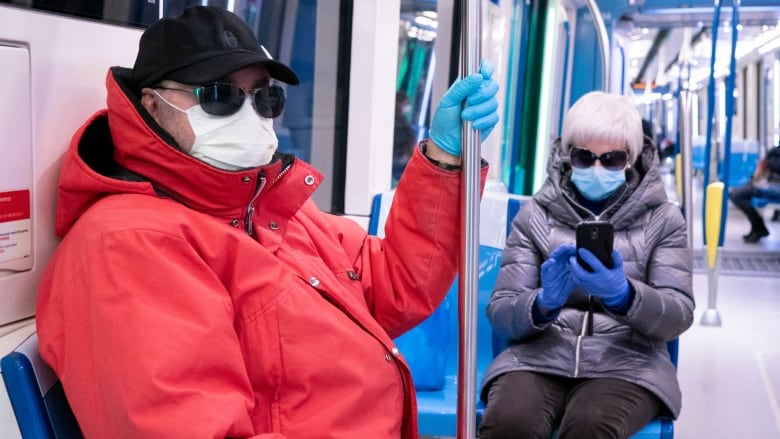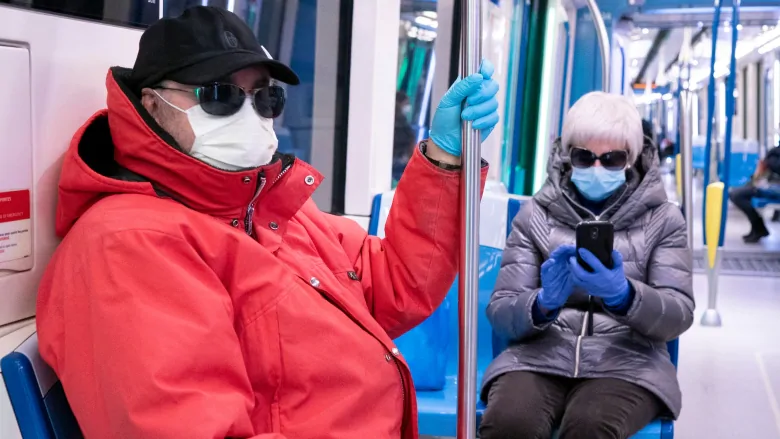Societal attitudes in North America toward wearing masks in public as protection against COVID-19 have undergone an “unprecedented’ shift in just a matter of months, some social psychologists say.

Societal attitudes in Canada and the U.S. toward wearing masks in public as protection against COVID-19 have undergone an “unprecedented’ shift in just a matter of months, some social psychologists say.
“As somebody who studies social norms, it’s astonishing. It’s like a flip in a blink of an eye in terms of this change,” said Catherine Sanderson, a social psychology professor at Amherst College in Massachusetts.
“I actually think that’s because of the unprecedented nature of what happened. And so I think what we’ve seen is that this is just an unprecedented time. And that’s something that leads to very, very fast shifts.”
In some East Asian countries, mask wearing has been recommended or required since the start of the pandemic.
It’s already an accepted practice in some countries, including China, South Korea and Japan, to wear masks when one is sick or to protect against infection during cold and flu seasons or to protect against air pollution.
And while the effectiveness of masks continues to be a source of debate within the scientific community, more people are embracing the idea in the U.S. and Canada, a number of surveys reveal.
Health Canada has said homemade masks might reduce the spread of the wearer’s infectious droplets to others but may not provide complete protection against “virus-sized particles,” in part because of variations in the way they fit and the materials people are using to make them and their relative potential to block those particles.
N95 respirators, which are recommended primarily for health-care workers, on the other hand, can help protect the wearer against respiratory viruses, such as the novel coronavirus, when they are worn correctly and form a seal around the nose and mouth.
WATCH | What you need to know before wearing a mask:
Dr. Samir Gupta provides crucial information about wearing a mask during the COVID-19 pandemic and what to think about before putting one on. 2:30
Surge in Canadians wearing masks
In a two-week period in April, the proportion of Canadians wearing some sort of a protective mask in public rose from one-fifth to one-third, according to an online poll of 2,015 Canadians commissioned by the Association for Canadian Studies, a non-profit organization.
Another recent online poll conducted May 6 by DART & Maru/Blue found that 65 per cent of the 1,513 randomly selected Canadians surveyed agreed they must wear a mask or face covering whenever they are outside the

